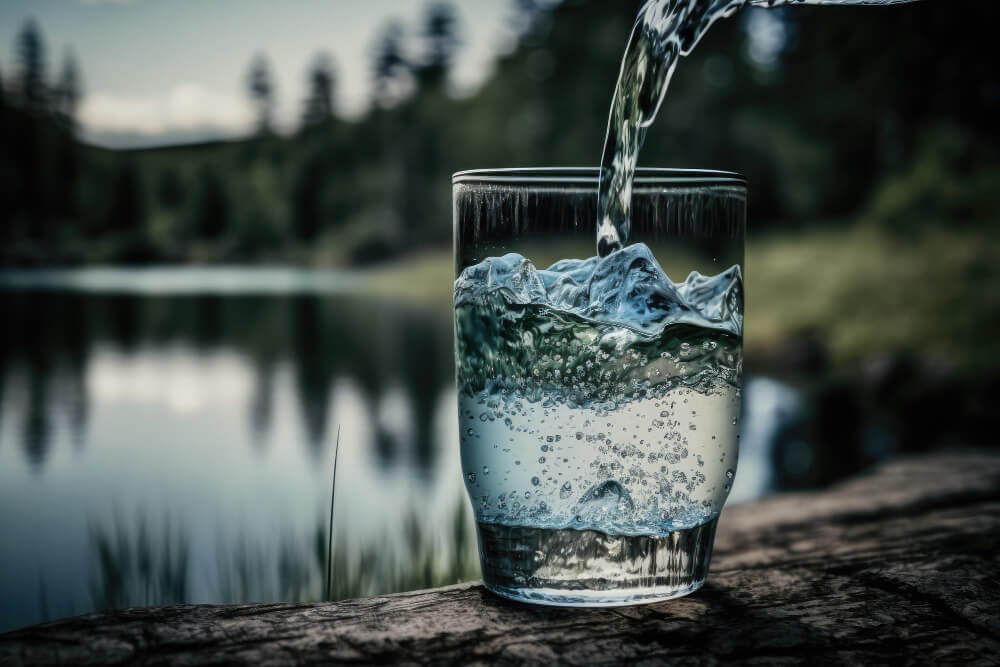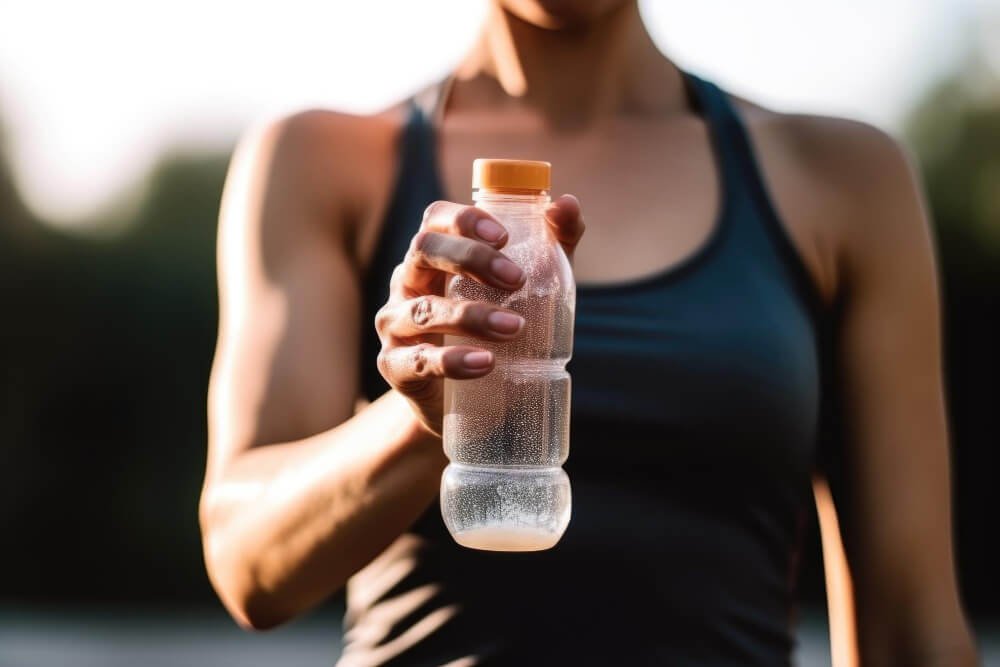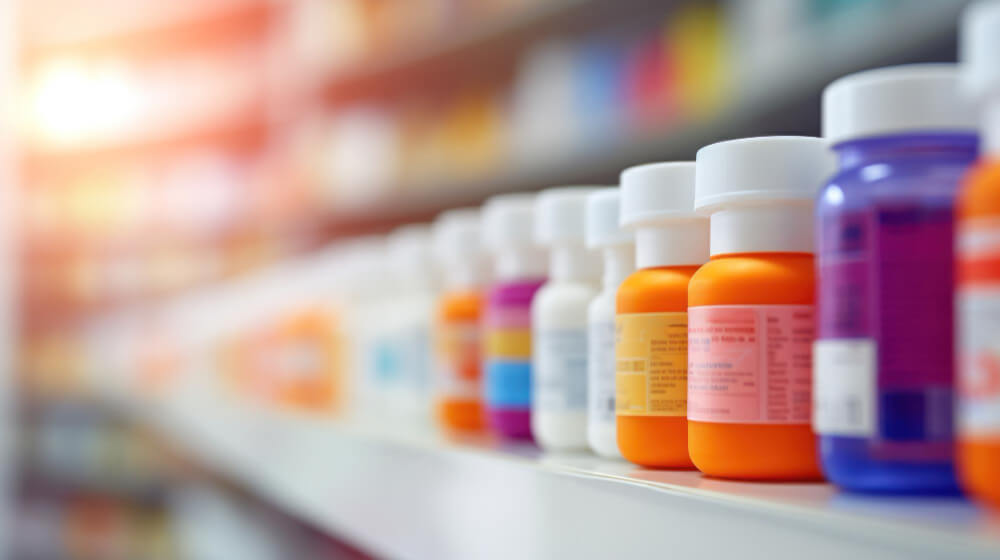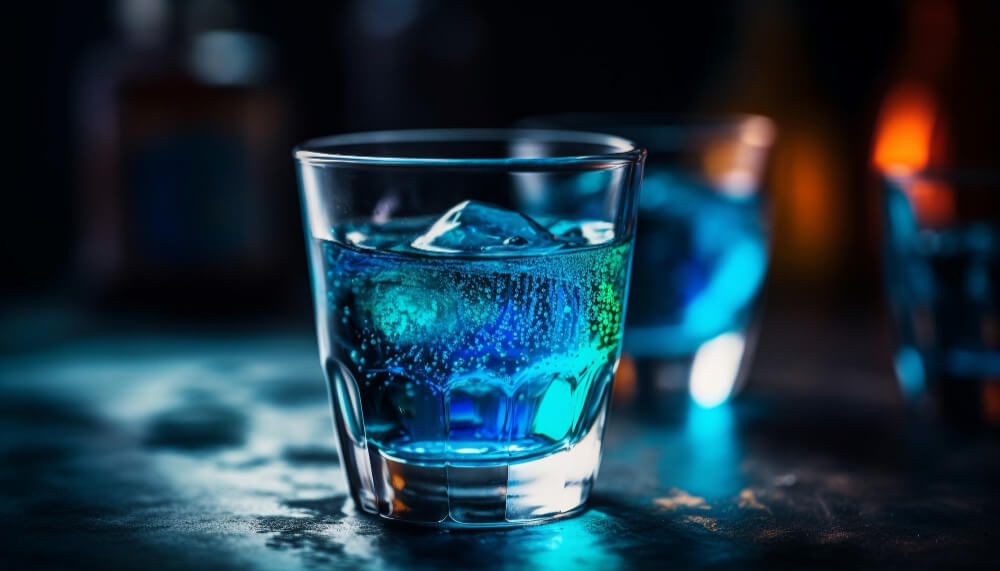It always seemed like a good idea at the time, with the consequences all piling up the day after!
Experiencing a hangover is a common consequence of alcohol consumption, characterized by a range of uncomfortable symptoms that can occur after drinking too much. Symptoms often include headache, nausea, fatigue, and a heightened sensitivity to light and noise.
These effects are typically the result of factors like dehydration, the toxic impact of alcohol metabolites, and the depletion of vital nutrients.
Despite the prevalence of hangovers, there is no one-size-fits-all cure, leading people to seek various treatments to alleviate the discomfort. Some people opt for immediate remedies, such as over-the-counter pain relievers or homeopathic solutions. In contrast, others might prefer preventive strategies like moderated alcohol intake or consuming food and water before drinking. Medical research offers insights into both effective treatments and common misconceptions, yet hangover cures remain a complex topic with a mixture of science and anecdotal evidence guiding public knowledge.

Understanding Hangovers
When individuals consume alcohol, they often face unpleasant repercussions known as hangovers, which involve a combination of physical and mental symptoms.
Causes of Hangovers
Hangovers stem from drinking more alcohol than the liver can metabolize. The liver breaks down alcohol into acetaldehyde, a toxic compound that is later converted into less harmful substances. However, excessive alcohol leads to acetaldehyde build-up, contributing to hangover symptoms. Additionally, dehydration is a significant factor, as alcohol is a diuretic, causing the body to lose fluids and electrolytes.
Common Hangover Symptoms
Hangover symptoms vary but commonly include the following:
- Headache: Caused by alcohol-induced dehydration and immune system effects.
- Nausea & Vomiting: Triggered by irritation of the stomach lining and an increase in stomach acid.
- Fatigue: A consequence of poor-quality sleep and the body’s effort to metabolize alcohol.
These hangover symptoms usually start when blood alcohol levels drop significantly, typically the morning after drinking.
Effects of Alcohol on the Body
Effective hangover prevention strategies focus primarily on moderation and hydration. They address the body’s response to alcohol consumption and provide guidelines that can help minimize hangover symptoms.

Prevention Strategies
Effective hangover prevention strategies focus primarily on moderation and hydration. They address the body’s response to alcohol consumption and provide guidelines that can help minimize hangover symptoms.
Limiting Alcohol Intake
One of the most straightforward ways to prevent hangovers is to limit alcohol intake. It’s advised to consume alcohol in moderation and to be aware of one’s threshold. Setting a limit before beginning to drink and sticking to it can significantly reduce the likelihood of a hangover. Individuals are advised to pace their drinking, allowing time for alcohol to be metabolized.
Choosing the Right Beverages
Selecting alcoholic beverages with fewer congeners, which are chemicals that contribute to hangovers, can play a role in hangover prevention. For example, opting for clear spirits like vodka or gin over darker liquors like whiskey or cognac might lessen hangover severity. The presence of congeners in darker spirits can exacerbate hangover symptoms.
The Role of Food and Hydration
Eating a substantial meal before drinking can slow the absorption of alcohol, and consuming foods rich in carbohydrates, proteins, and fats is particularly effective. Hydration is also crucial; drinkers should drink water alongside alcoholic beverages to maintain hydration levels. Water helps counteract the dehydrating effects of alcohol. Additionally, replenishing electrolytes with sports drinks or other solutions can help maintain the body’s balance and potentially fend off hangover symptoms.
Immediate Remedies and Actions
When combating a hangover, immediate action can mitigate the unpleasant aftermath of alcohol consumption. The focus is on rehydration and pain management, as these are the primary concerns that need addressing.
One: Rehydration Solutions
Rehydration is crucial for alleviating hangover symptoms; water and electrolytes are lost during alcohol consumption. Solutions such as water and sports drinks help restore these vital components. For example, sports drinks contain significant electrolytes like sodium and potassium, aiding in rehydration. As alternatives, oral rehydration solutions or simple water with a pinch of salt and sugar can also replenish lost fluids and electrolytes efficiently.
- Plain Water: Drink several glasses to rehydrate.
- Sports Drinks: Consume for added electrolytes.
- Oral Rehydration Solutions: Follow the packaging instructions for optimal rehydration.
Two: Pain Management Options
Alcohol can cause headaches and body aches, so it’s important to consider over-the-counter pain relief options. NSAIDs (non-steroidal anti-inflammatory drugs), such as ibuprofen, can alleviate pain. However, one should use them cautiously as they can irritate the stomach, especially after alcohol use. Additionally, rest can significantly help with recovery, allowing the body to repair itself.
- NSAIDs:
- Ibuprofen (Advil, Motrin)
- Naproxen (Aleve)
- Rest: Ensure sufficient sleep and relaxation to allow the body to recuperate.
Three: Diet and Nutrition
Dietary choices play a significant role in managing hangover symptoms. Key nutrients can restore blood sugar levels, alleviate nausea, and provide essential vitamins that may have been depleted.
Food Choices to Alleviate Symptoms
Foods rich in carbohydrates can help stabilize blood sugar levels, while choices such as eggs and berries supply proteins and a variety of vitamins. For nausea relief, incorporating ginger into the diet is a useful strategy. Eating fruit can replenish nutrients lost and provide natural sugars for energy.
Importance of a Balanced Breakfast
A balanced breakfast after alcohol consumption may mitigate hangover effects more effectively. Options that include carbohydrates, protein, and healthy fats can aid in renewing energy and stabilizing blood sugar. Starting the day with whole-grain toast, eggs, and fruit creates an optimal mix for recovery.
Supplements and Vitamins
Supplements can act as a complementary approach to hangover treatment, particularly those including B vitamins and vitamin C. The correct dosage and safety of such treatments are crucial. The safety and efficacy of alcohol hangover treatments should be judged accordingly, and reliable sources of information are paramount for consumer safety.

Four: Understanding Dehydration and Electrolytes
Dehydration and electrolyte imbalances play a significant role in the development of hangover symptoms following alcohol consumption. The consumption of alcohol can lead to increased urination, resulting in fluid loss and an imbalance of vital minerals needed for normal body functions.
Diuretic Effects of Alcohol
Alcohol acts as a diuretic, prompting the kidneys to increase urine production and remove more fluids from the body than usual. This diuretic effect can lead to dehydration, characterized by symptoms such as thirst, dry mouth, and dizziness. These symptoms can exacerbate the feeling of a hangover.
Replenishing Electrolyte Balance
To counteract the dehydrating effects of alcohol, it is essential to replenish the body’s electrolytes—minerals such as sodium, potassium, and magnesium that regulate fluid balance and nerve function. An electrolyte imbalance can arise from the diuretic effect, leading to headaches, fatigue, and nausea. Consuming foods or drinks rich in these minerals or using rehydration solutions are commonly recommended strategies to restore electrolyte balance.
Long-Term Strategies for Alcohol Consumption
In addressing hangovers, one should focus on sustainable long-term strategies regarding alcohol consumption. It is imperative to maintain moderation and awareness to effectively manage the amount of alcohol intake and minimize the adverse effects on the body.
Responsible Drinking Practices
One should establish clear limits for how much alcohol they consumes. For individuals choosing to drink alcohol, it can be helpful to follow governmental guidelines, which typically recommend that women limit their intake to one drink per day and men to two drinks per day.
It is also advised to have several alcohol-free days each week to allow the body to recover.
Using standard drink measures can aid in tracking the actual alcohol consumption more accurately. Additionally, drinking water between alcoholic beverages is a practical strategy to stay hydrated, which may help in mitigating hangover symptoms.
Recognizing Patterns of Alcohol Misuse
Understanding and identifying patterns that lead to excessive alcohol consumption can be crucial in preventing hangovers and developing alcohol use disorders. If one notices a tendency to consume larger quantities of alcohol or experience frequent hangovers, it may be an indication of a developing dependency. Early detection is key for seeking help and adopting healthier habits. For those concerned about their alcohol consumption patterns, professional help should be sought to evaluate their drinking habits and explore potential treatments for alcohol misuse.

Five: Medical Perspectives on Hangover Cures
In addressing hangovers, medical professionals often recommend a conservative approach, focusing primarily on symptom relief and the use of certain over-the-counter medications. There are, however, situations where seeking advice from a healthcare provider is necessary.
Over-the-counter Medications
For the self-treatment of hangover symptoms, over-the-counter (OTC) medications can be effective. Nonsteroidal anti-inflammatory drugs (NSAIDs), such as ibuprofen and aspirin, are commonly used to alleviate headaches and muscle aches. Still, they must be taken with caution due to potential side effects, particularly involving the stomach and liver. Acetaminophen, while also an analgesic, carries a risk of liver toxicity, particularly in the context of recent alcohol consumption. Hence, individuals should carefully follow dosing instructions or consult with a healthcare professional before use.
- NSAIDs:
- Ibuprofen may help with headaches and muscle aches.
- Aspirin: similar benefits but should be used carefully as it can cause stomach irritation.
- Acetaminophen:
- Pain relief: may help with general aches.
- Liver Risk: significant care is advised when considering recent alcohol use.
When to See a Doctor
Medical intervention may be required if the individual experiences severe symptoms that do not resolve with self-care measures or indicate a more serious condition. Symptoms such as persistent, severe headache, confusion, chest pain, severe nausea and vomiting, seizures, or any signs of dehydration that can’t be self-managed are red flags that warrant immediate medical attention. It is crucial to recognize when hangover symptoms surpass typical manifestations and consult a doctor to rule out acute alcohol poisoning or other underlying medical concerns.
Seek a Doctor if experiencing:
- Severe, unresolving headache.
- Signs of confusion or disorientation.
- Continuous or severe gastrointestinal distress.
- Symptoms of acute dehydration or inability to retain fluids.
- Experiencing seizures or chest pains.
Myths and Misconceptions
When addressing hangover cures, it is essential to discern between evidence-based remedies and those born from myth and folklore. Misinformation can lead to ineffective or even harmful practices.
Hair of the Dog and Other Folklore
The concept of “hair of the dog” refers to the belief that consuming more alcohol the morning after heavy drinking can alleviate hangover symptoms. This is a misguided attempt to treat alcohol withdrawal by introducing more alcohol into the system. Scientifically, it merely postpones the inevitable hangover and can contribute to unhealthy drinking habits.
Common Hangover Cure Myths
Myths abound when it comes to hangover cures. Below are a few common misconceptions:
- Myth: Caffeine will cure a hangover.
- Fact: While caffeine may help with grogginess, it does not address the underlying issues causing a hangover and can further dehydrate the body.
- Myth: Over-the-counter pain medications before sleeping prevent hangover symptoms.
- Fact: Taking certain painkillers can exacerbate the toxic effects alcohol has on the liver, and it is generally recommended to take them after assessing your symptoms upon waking.
You can also follow me on YouTube for the latest, science-backed research on health, weight and weight training, and an endless supply of healthy recipes.
Download your FREE Fat Loss Recipe book here.
I appreciate your support.
Disclosure: The construction of this informative post and all of the scientific research for this article were assisted by AI technology. Scientific research for this article was assisted by AI technology.
